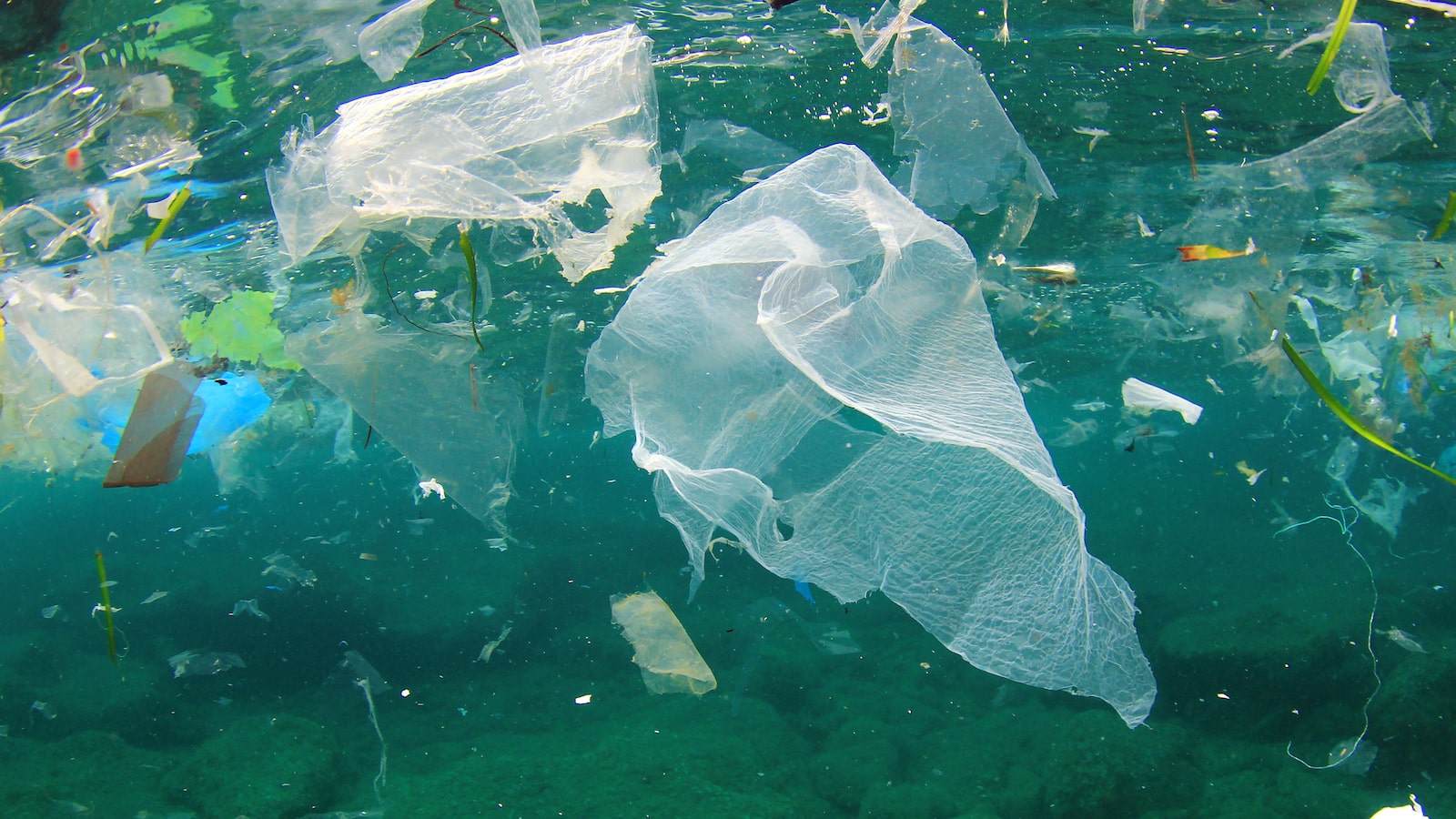
Donate to put the planet over plastic
To protect our natural world, let’s stop producing so much polystyrene foam.
Donate
Picture sea turtles gliding through their ancestral realm, wandering a vast expanse of ocean. Accustomed to natural patterns of decay in their underwater world, these turtles sail through the water in search of their next snack—swallowing scraps of food that float down from the surface or jellyfish that rise up from the depths.
Yet what looks like a small snack to a sea turtle is often a piece of polystyrene—plastic that defies natural decomposition.
Meanwhile, above the ocean’s surface, seabirds dance across the sky before diving in search of food. The birds, too, mistake buoyant plastic pellets for sustenance.
The plastic foam sickens turtles and birds alike—filling their bellies and blocking their airways and digestive tracts.
Since its invention, polystyrene foam—what most of us call Styrofoam—has provided momentary temperature insulation for to-go beverages. Its use has proliferated in single-use shipping materials, food products and numerous other goods and commodities destined for the landfill. But these products don’t always end up in landfills.
These days, this nasty form of plastic floats across the oceans and fills the bellies of sea creatures. Despite this, we keep producing more than 3 million tons of it every year. That means more harm and more deaths for sea turtles, seabirds and even dolphins that mistake it for food.
To save ocean wildlife from this fate, we need to cut back on single-use plastic foam. That’s precisely what the Farewell to Foam Act requires. The bill would end the sale and distribution of single-use plastic foam food products, packing peanuts and disposable coolers beginning in January 2026.
The harm from these foam products is not limited to sealife. Notoriously difficult to recycle, these materials persist in the environment. Rather than decomposing, they often break down to microplastics. Additives such as flame retardants and colorants have also been linked to adverse human health outcomes.
To stop the crisis of plastic pollution, we need companies to produce less plastic. Thanks to Environmental Action supporters and others, polystyrene foam cups and containers are already banned in 11 states. These foam-focused laws have resulted in cleaner waterways. The Farewell to Foam Act would advance this fight nationwide. If enacted, it would be a lifesaver for countless turtles, dolphins, whales, birds and other ocean animals.
In the Northern Rockies, gray wolves are tracked, hunted, and slaughtered from the moment they’re born. We won’t rest until wolves everywhere are safe -- but we can’t do it alone. Join the Environmental Action pack in our campaign to save wolves with a donation today.
